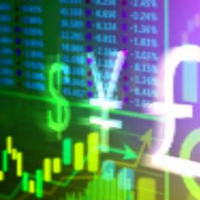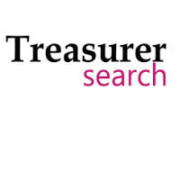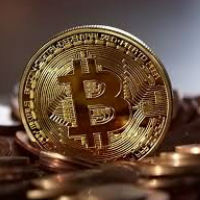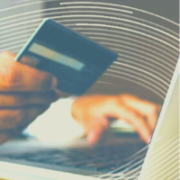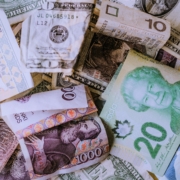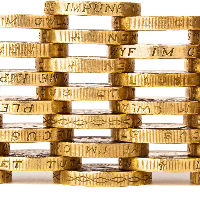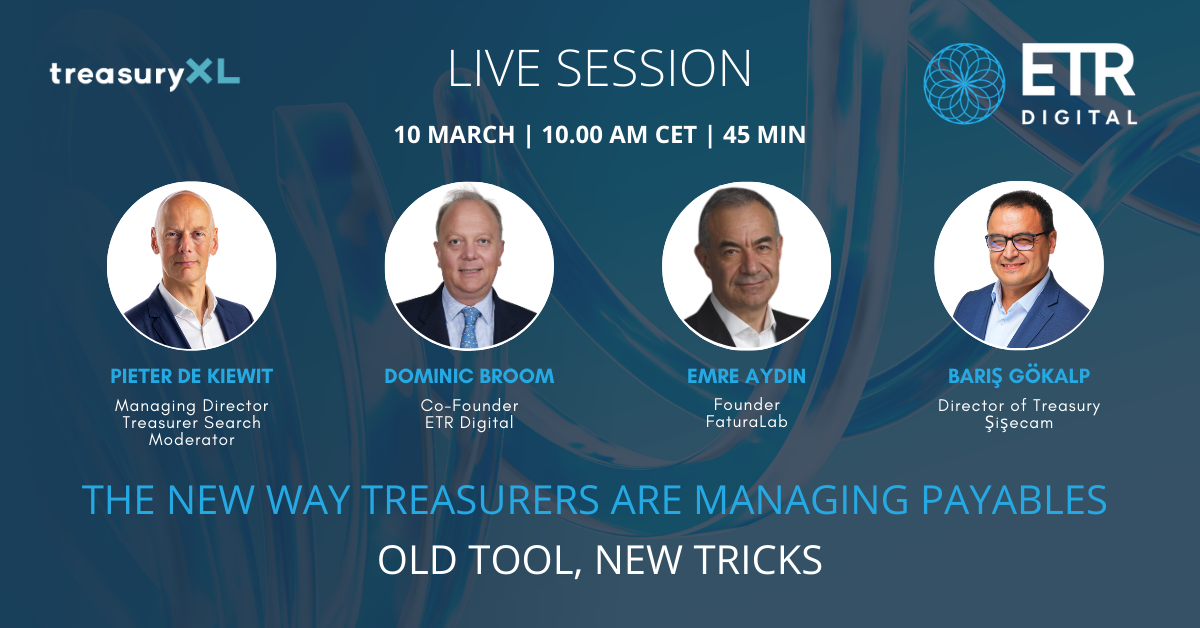The global FX market, do you want to be a part of it?
02-09-2020 | Niki van Zanten
The straightforward answer is ‘No’. Unfortunately, saying ‘No’ does not imply that you don’t play a part in the global casino named: The FX market. It could be a sane procurement, sales or investment decision that brings you a seat at the table. Unless you are a in this market to make commissions or in some rare instances a (successful) prop trader, you will most likely lose more then you gain when willfully playing the game.
The FX market is by far the largest market in the world easily exceeding equity, bonds markets or any other asset class. Estimates in daily turnover are north of 6 Trillion USD. The vast majority of trades have a USD leg and EUR is coming at a good second place making EURUSD the most traded pair. Comparing this to the Global Domestic Product (GDP) of let’s say 140 Trillion USD as a ballpark figure, the FX market monthly turnover exceeds the world’s annual GDP. Taking into account that not all global GDP related transactions in the world have a FX component, this tells us that a large percentage of the FX are not real money flows.
So what are they? For a part these are institutional investors like pension funds. Pension funds can choose to allocate in different currencies, but the more likely explanation is that a large part of the FX transactions are of a more speculative nature. Hedge funds for instance do not have a functional or group currency and therefore can freely take currency decisions when allocating assets.
So in summary, the largest market place in the world is driven by forces which are extremely difficult to predict by any form of scientific research or even looking into economic data like monetary flows. Not to imply that economic indicators and central bank policy don’t have its influence, but in the end, a market is primarily driven by supply and demand and there is vast speculation in buying and selling of currencies.
Switching to the corporate point of view, companies usually don’t want to be a part of the FX market. It’s the same story as you might wish to procure and/or sell in different currencies than your own for a variety of reason. It’s an open door to mention that this can be very beneficial but all cost need to be factored correctly before taking a decision. With Foreign Exchange this can be a difficult task and considering what is mentioned above, the FX market does not actually make things look better.
A basic example of why it’s hard to get a grip on the currency markets is available when looking at CNH (offshore RMB) forward markets in 2015 and 2016. Although there are structural differences between CNH and CNY in both spot and outright forwards, typically the pricing is at comparable levels (for the majority of us, at least the large China interest does not apply this). Yearend brought a liquidity squeeze and the forward markets showed huge spikes in volatility as well as extreme differences between the CNH and CNY yield curves. There are many more stories like this to share and recently even G10 doesn’t seem excluded from Emerging Market (EM) like volatility, particularly when looking at Brexit and the Swiss Franc peg release of January 2015.
So a few basic assumptions can be helpful when participating in the FX market for real money requirements
• Don’t think you can predict or beat the market
• Price in risk
• Risk can go both ways but spreads are by definition a cost
• If you choose to hedge make sure you get your exposure right and hedge to mitigate this exposure (in other words don’t use derivatives which don’t offset the hedged item)
• Be aware there is a difference between advise on a financial product and actually risk mitigation on a more holistic basis
• It’s hard to beat years of market experience, don’t hesitate to reach out to seasoned professionals who will prevent you from making expensive mistakes
Hope this was a good read and for any questions or feedback please share and keep things interactive.

